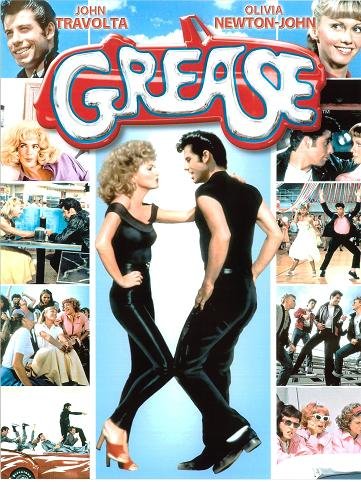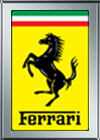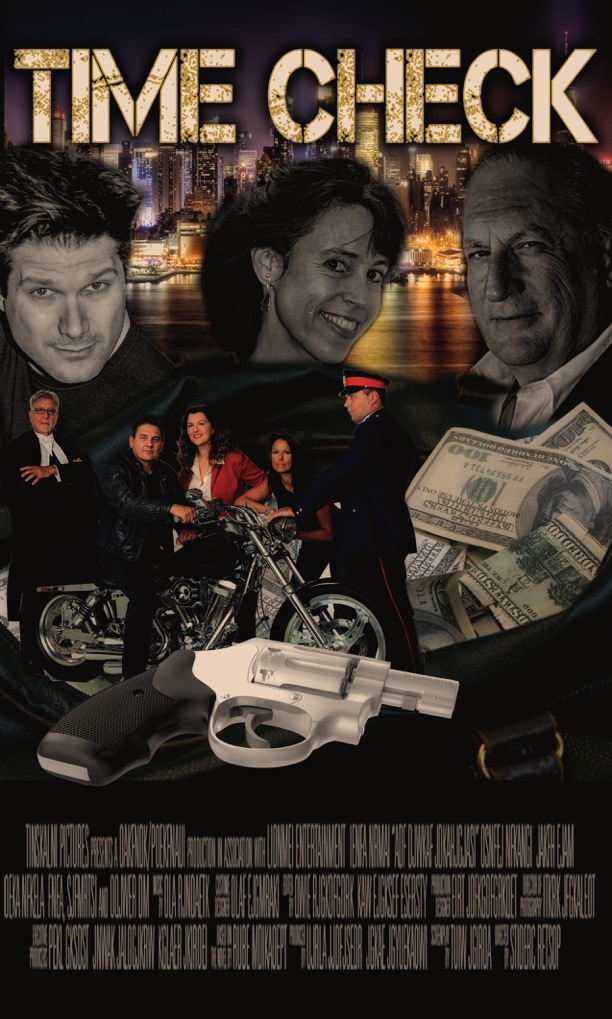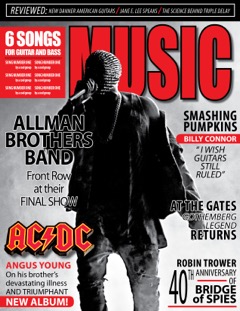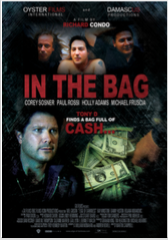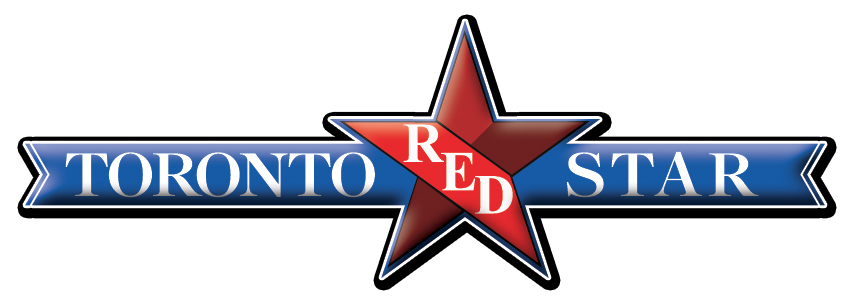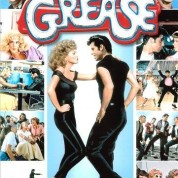TORONTO — Higher-priced menu items and strong international markets including Canada helped McDonald’s Corp. top industry expectations in the first quarter as the fast-food chain continued to challenge Tim Hortons on its home turf with $1 coffee promotions.
The company has reaped the upside from an overhaul that began in 2015 which simplified the restaurant’s menu while adding more premium options as a counterpoint to its value menu, increasing the use of customer-facing technology and extending the McCafé concept throughout Canada, with an expanded line of coffee drinks and baked goods.
Excluding items, McDonald’s earned US$1.79 per share in the period ended March 31, beating the average analyst estimate of US$1.67. Sales at restaurants open for more than a year, or same-store sales, rose 2.9 per cent in its biggest and most competitive market, the U.S. and internationally, same-store sales were even more robust, rising 5.5 per cent. And while customer traffic declined in the U.S., it rose enough in McDonald’s other markets including Canada, Japan, France and Australia to push up overall traffic by 0.8 per cent in the period.
Chief executive Steve Easterbrook told investors on a conference call that executives are feeling confident about the U.S. unit’s performance because it has been sharing best practices with its strongest global markets.
“We have so much learning now from Australia, Canada and the U.K. in particular,” Easterbrook said.
In Canada, McDonald’s has posed an ongoing competitive threat to industry coffee leader Tim Hortons, whose brand has come under scrutiny in the last year after a series of clashes between a group of franchisees and head office.
Last week, owner Restaurant Brands International said overall Tim Hortons same-store sales fell 0.3 per cent in the first quarter — the sixth quarter in a row of weak performance — dragged down by tepid results in in Canada. The period included a rough patch in January when the brand came under fire after some Ontario franchisees cut back employee benefits in response to a minimum wage hike in the province. The franchisees countered that head office had not allowed them to increase prices to customers, as chains such as McDonald’s had done.
“Brewed coffee continues to be a battleground for them,” said Robert Carter, executive director of foodservice at market research firm NPD.
“McDonald’s business seems to be on a bit of an upswing. Their coffee platform is very strong, breakfast sales continue to be strong, they are focusing on menu innovation and they are also attracting millennial customers. At Tim Hortons, traffic seems to be soft. It is not growing at the same rate as McDonald’s.”
Traffic at McDonald’s in Canada rose one per cent in the first quarter, according to NPD; at Tim Hortons, traffic was flat.
McDonald’s was once the largest quick-service restaurant chain in Canada, but in 2003, Tim Hortons surpassed it after a successful years-long expansion of its lunch menu. In 2006, Tim’s introduced an egg-based breakfast sandwich to compete with its rival’s Egg McMuffin.
Under threat, McDonald’s made a bold play and scrapped its original coffee in favour of a higher-quality brew in 2009. Two years later, it began expanding its McCafé concept in its Canadian restaurants, offering a broader selection of coffee, espresso drinks, baked goods and smoothies.
“I definitely think that McDonald’s really went after Tim Hortons’ market — their whole coffee launch was about going after a segment that Tim Hortons had cornered,” said David Hopkins, president of Toronto-based restaurant consulting firm The Fifteen Group.
“It’s much like Tim Hortons capturing the coffee and doughnut space originally and then realizing they could move into other meal items.”
McDonald’s share of brewed coffee at restaurants in Canada is now above 12 per cent, according to NPD, more than double its six per cent share in 2009, the year it reformulated its coffee. Tim Hortons is still the industry leader, with a share in the mid-70s.
McDonald’s stock jumped 4.6 per cent in New York to US$165.59, while Restaurant Brands was up 1.1 per cent to $69.91 in Toronto.
• Email: [email protected] | Twitter: 